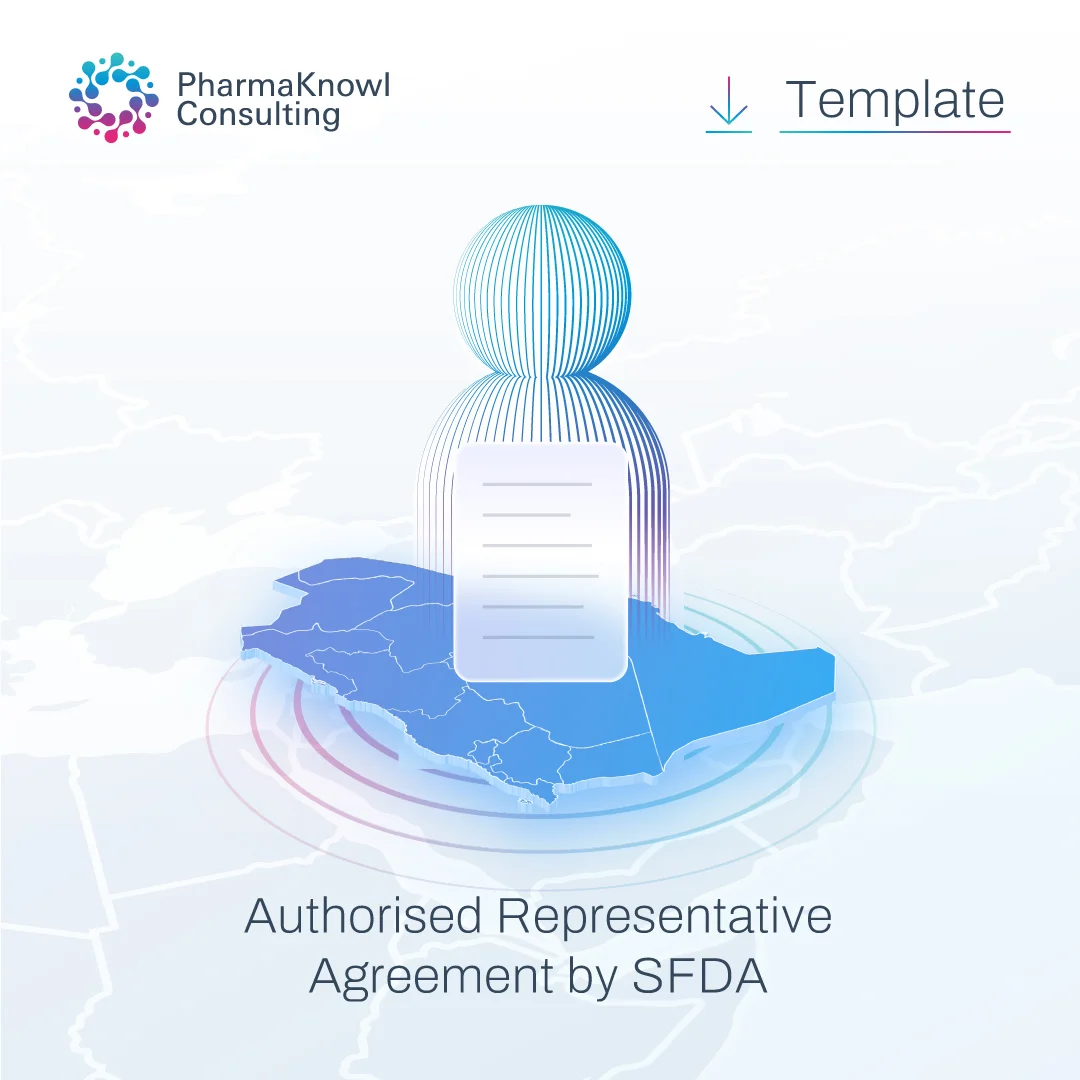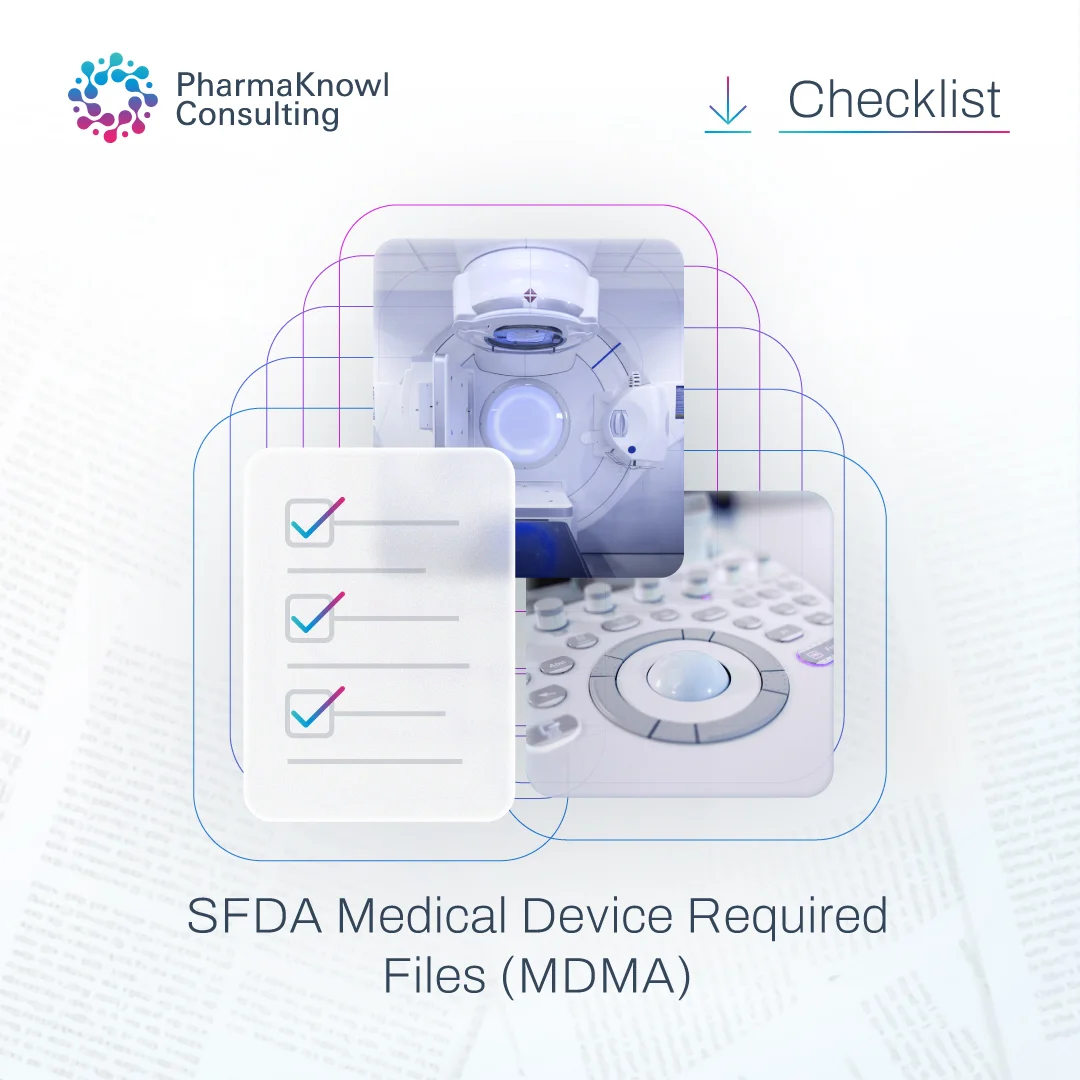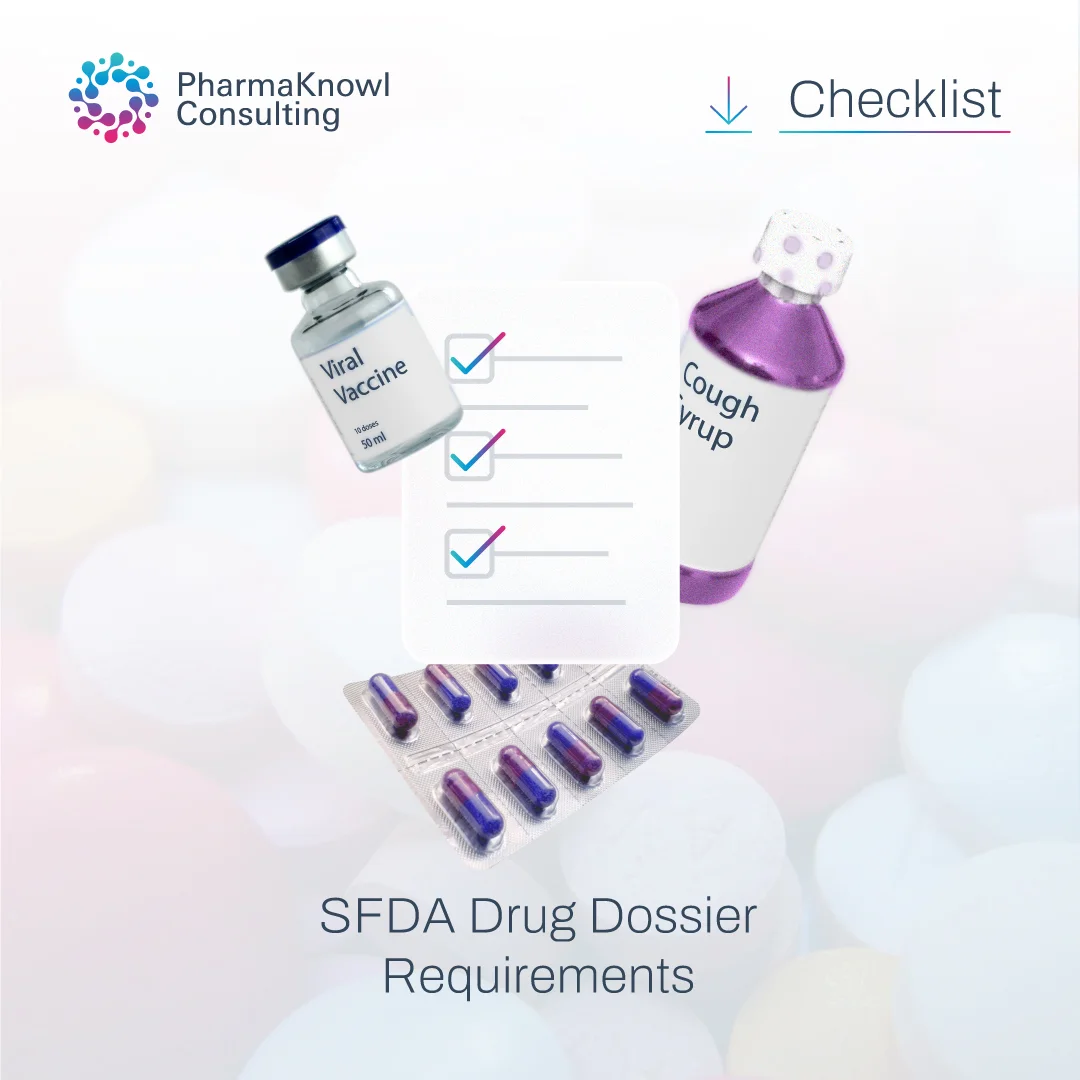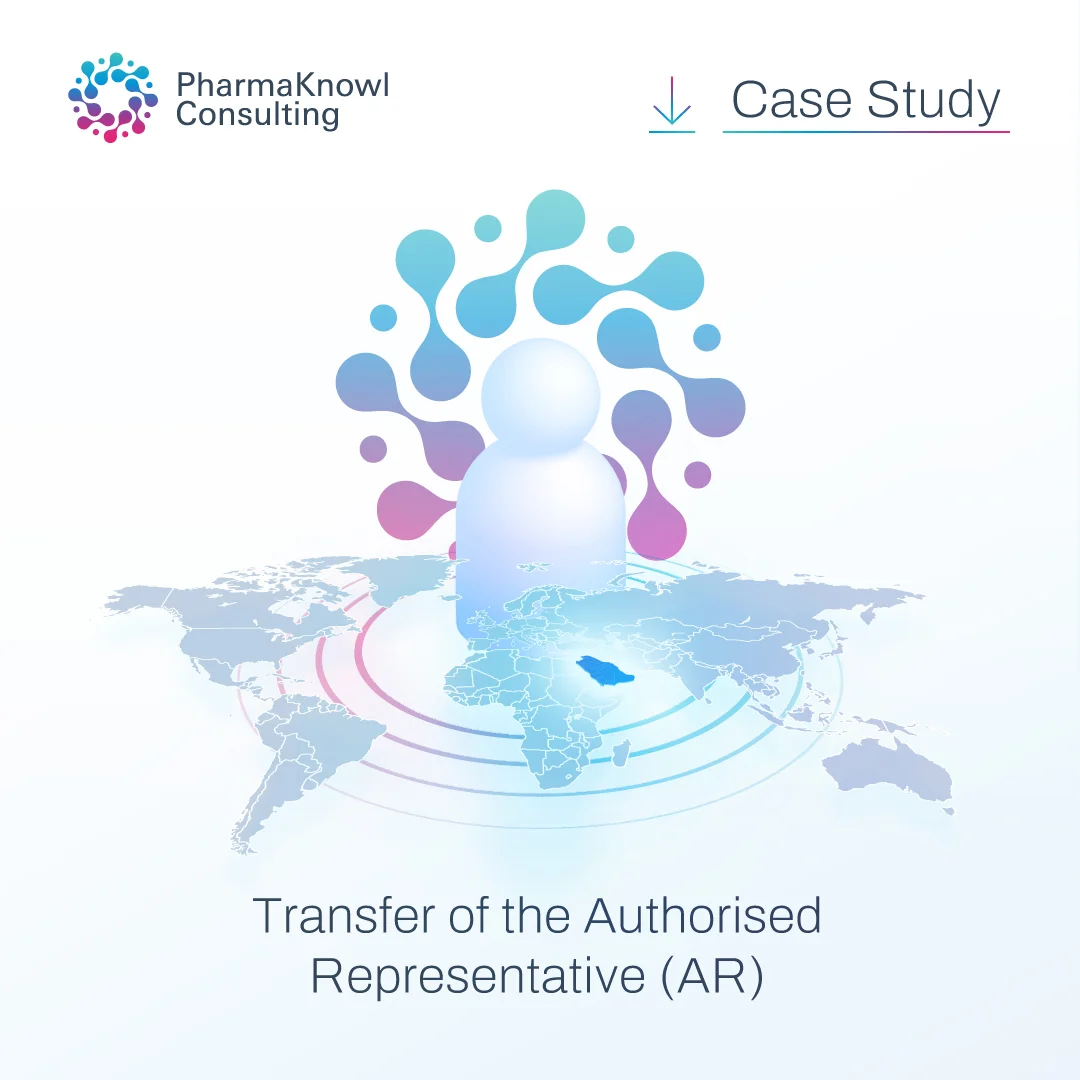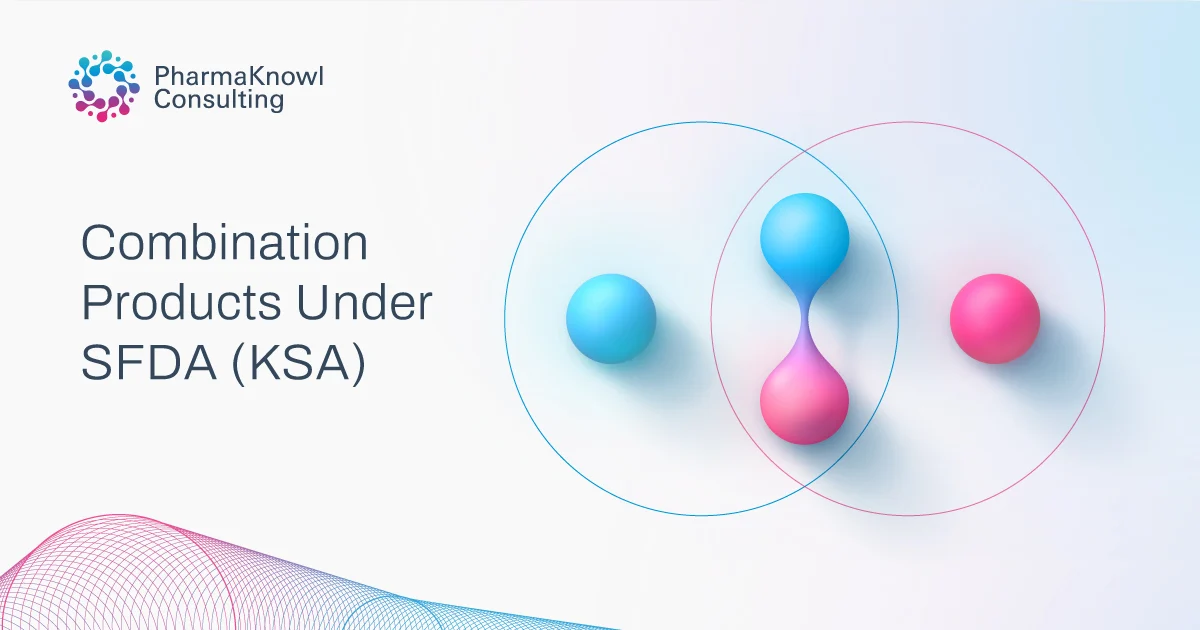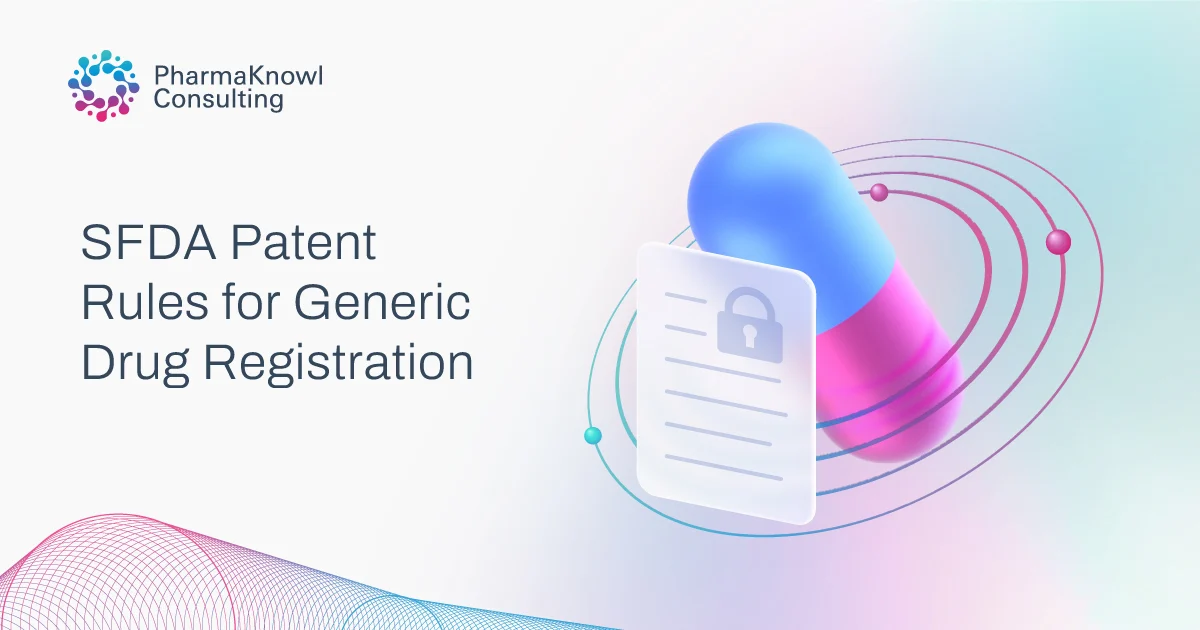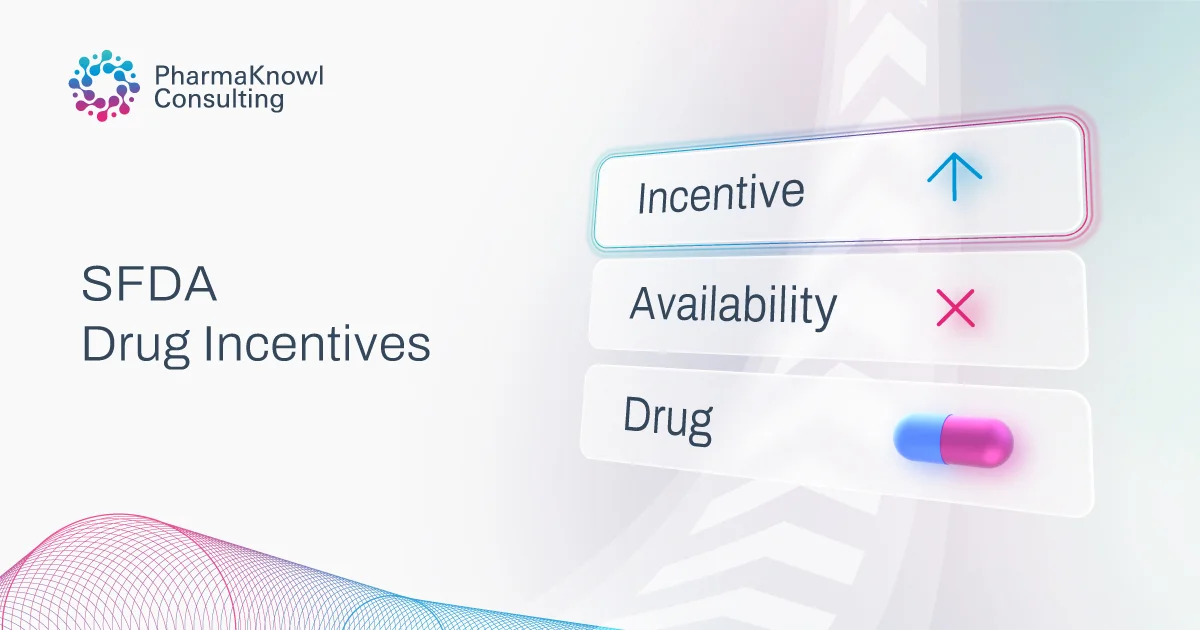The Saudi Food and Drug Authority (SFDA) oversees the registration of Chimeric Antigen Receptor (CAR) T Cells in Saudi Arabia. CAR T Cells, an advanced therapy medicinal product (ATMP), represent a groundbreaking approach in gene therapy and oncology. Registering these products requires specific clinical and Chemistry, Manufacturing, and Control (CMC) information to ensure compliance with SFDA drug approval requirements.
Table of contents
CAR T Cell Registration
1. Documentation Requirements
- The submission must include a detailed Investigational Medicinal Product Dossier (IMPD) formatted in accordance with the electronic Common Technical Document (eCTD) standards.
- Applicants must provide information on critical quality attributes (CQAs) such as safety, identity, purity, potency, and stability. This ensures that the product meets acceptable limits during clinical trials.
- Labelling must include mock-ups for review. For instance, CAR T Cell products derived from autologous sources must consist of the statement “FOR AUTOLOGOUS USE ONLY.”
- CMC
- Clinical Data
2. Manufacturing Details:
- The manufacturing process for CAR T Cells must include descriptions of cell collection, enrichment, gene modification, expansion, cryopreservation, and final formulation. Each step should detail materials, methods, and controls to ensure consistency and safety.
- For autologous therapies, emphasis is placed on traceability and segregation of patient-specific materials to prevent cross-contamination.
- Applicants must submit information about drug substance (DS) and drug product (DP) manufacturing, storage, and transport conditions, ensuring the chain of custody from collection to administration. This aligns with SFDA’s standards for advanced therapy products.
- Process validation is not mandatory during early clinical phases; however, process control strategies and consistency evaluations are crucial.
- Additional details should describe cell thawing procedures and the compatibility of the thawed product with intended delivery devices or diluents, as these are key considerations under SFDA guidelines.
3. Quality Control:
- Detailed specifications must be provided for process-related impurities (e.g., residual nucleic acids, proteins, and reagents) and product-related impurities (e.g., unmodified cells, defective particles).
- Analytical methods should be described in detail, including using qPCR for genome titer, transduction efficiency, and viability assays. These ensure the product meets identity, potency, and purity requirements.
- Testing for replication-competent viruses such as RCA and RCR is essential to ensure that viral vectors used in CAR T Cell manufacturing remain replication-deficient. Such measures align with the SFDA’s focus on product safety.
- Including sterility testing protocols is critical for fresh and cryopreserved products. Innovative testing methods, such as rapid sterility assays, can be used for fresh CAR T Cells.
4. Clinical Use and Labeling:
- Products must be labeled as “Investigational Use Only” with additional warnings, such as “NOT EVALUATED FOR INFECTIOUS SUBSTANCES” if donor testing is incomplete.
- Submissions should include a description of product handling, including shipping conditions, temperature controls, and preparation for administration. These details must address the stability of the product during transport and on-site preparation.
- Comprehensive instructions for thawing, dilution, and administration must be provided to ensure product integrity and patient safety. Handling details should also cover cryopreserved cells, specifying thawing times and protocols to maintain viability, a critical consideration emphasized by the SFDA.
5. Stability Studies
- Stability studies are required to confirm product viability and safety over time. Stability protocols should address parameters like sterility, potency, and activity under proposed storage and transport conditions.
- For fresh products like CAR T Cells, where shelf life is limited, innovative approaches, such as in-process sterility testing, can be implemented to meet regulatory requirements.
- Data from forced degradation studies or accelerated stability tests can support long-term stability claims, while ongoing studies are used to refine shelf-life specifications as clinical phases progress.
- Cryopreserved CAR T Cells require detailed freezing protocols and container compatibility studies to ensure cell viability upon thawing and delivery, meeting SFDA’s high standards.
Manufacturer Compliance
- Manufacturers involved in the production of CAR T Cell therapies must be registered and approved by the SFDA to ensure compliance with Good Manufacturing Practices (GMP).
- The SFDA will visit all manufacturers involved in the process.
How PharmaKnowl Consulting Can Help
At PharmaKnowl Consulting, we specialise in regulatory consulting services. Our experts can help you plan for submission and deliver the registration project of your CAR T gene therapy product, applying all applicable designations such as Orphan Drug Designation (ODD), priority review, breakthrough medicine, Abridged and Verification Procedures, or Conditional Approval, to ensure fast access, seamless compliance, and successful approval.
Contact us today to learn more.
About the Author
Published by regulatory affairs team in PharmaKnowl, Riyadh office.
Resources
Services
Events

